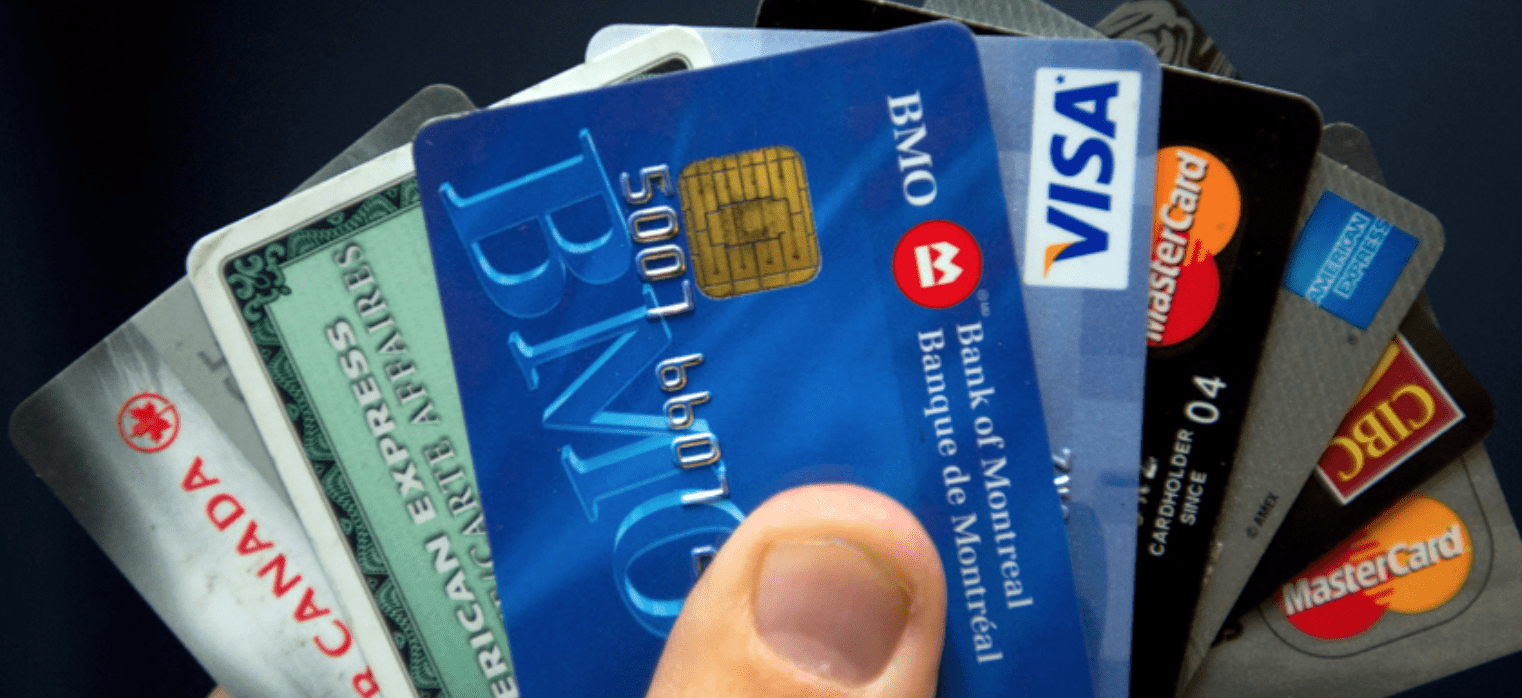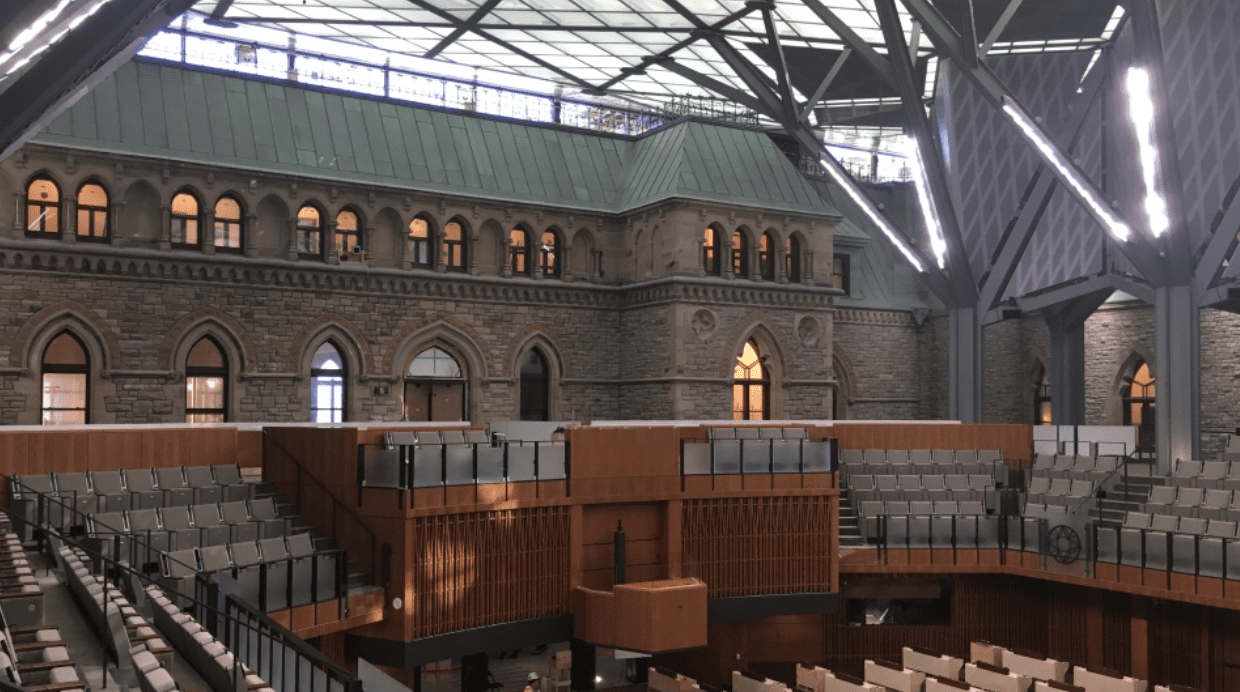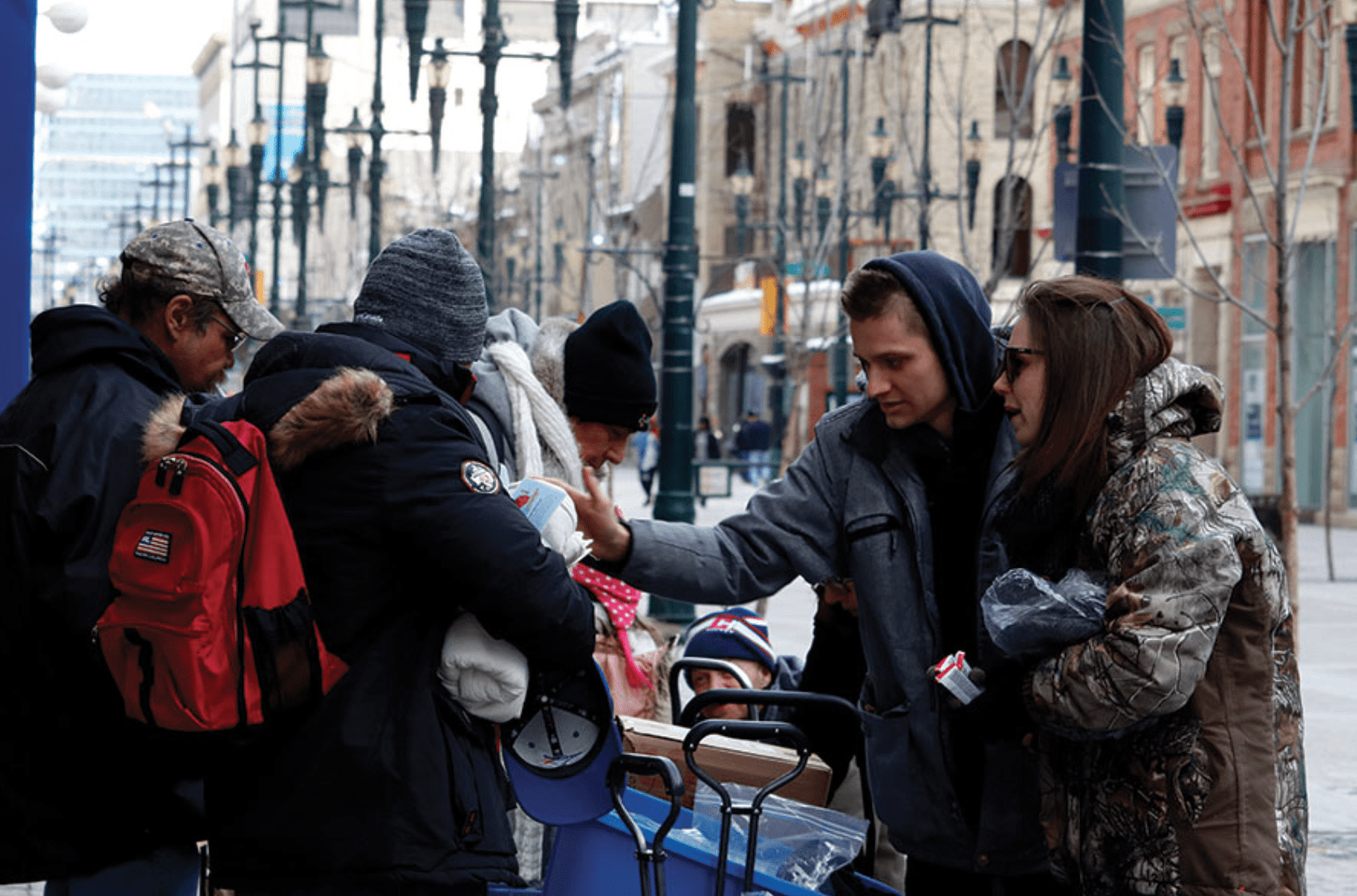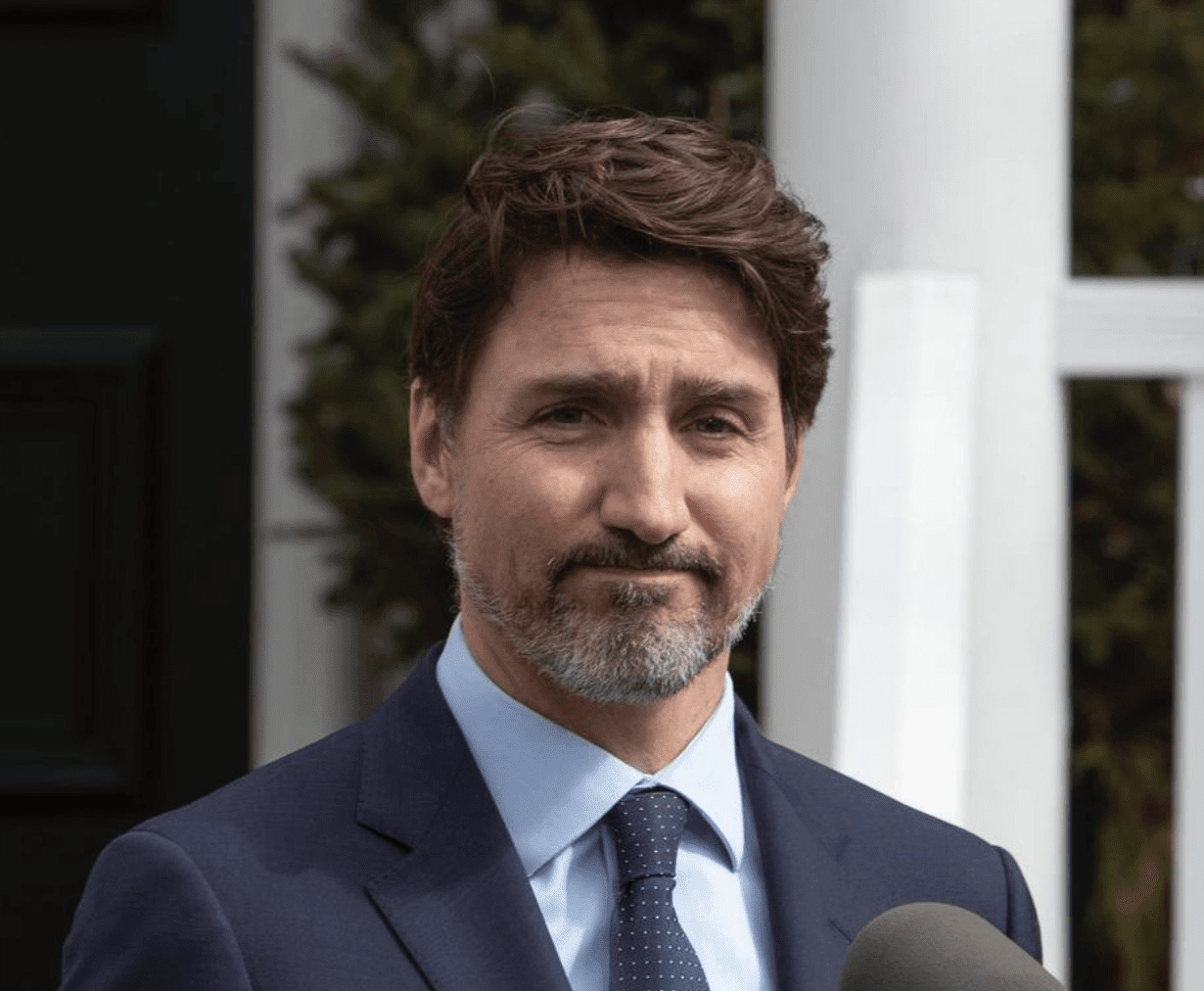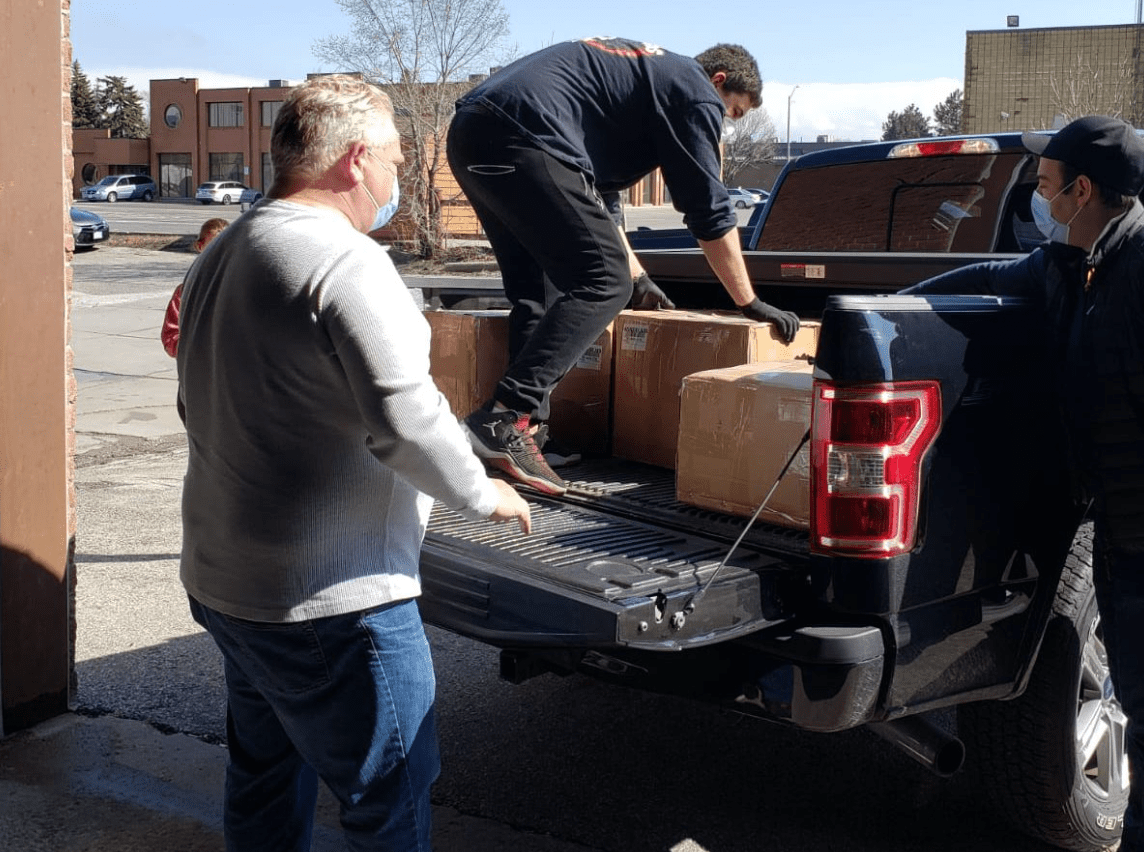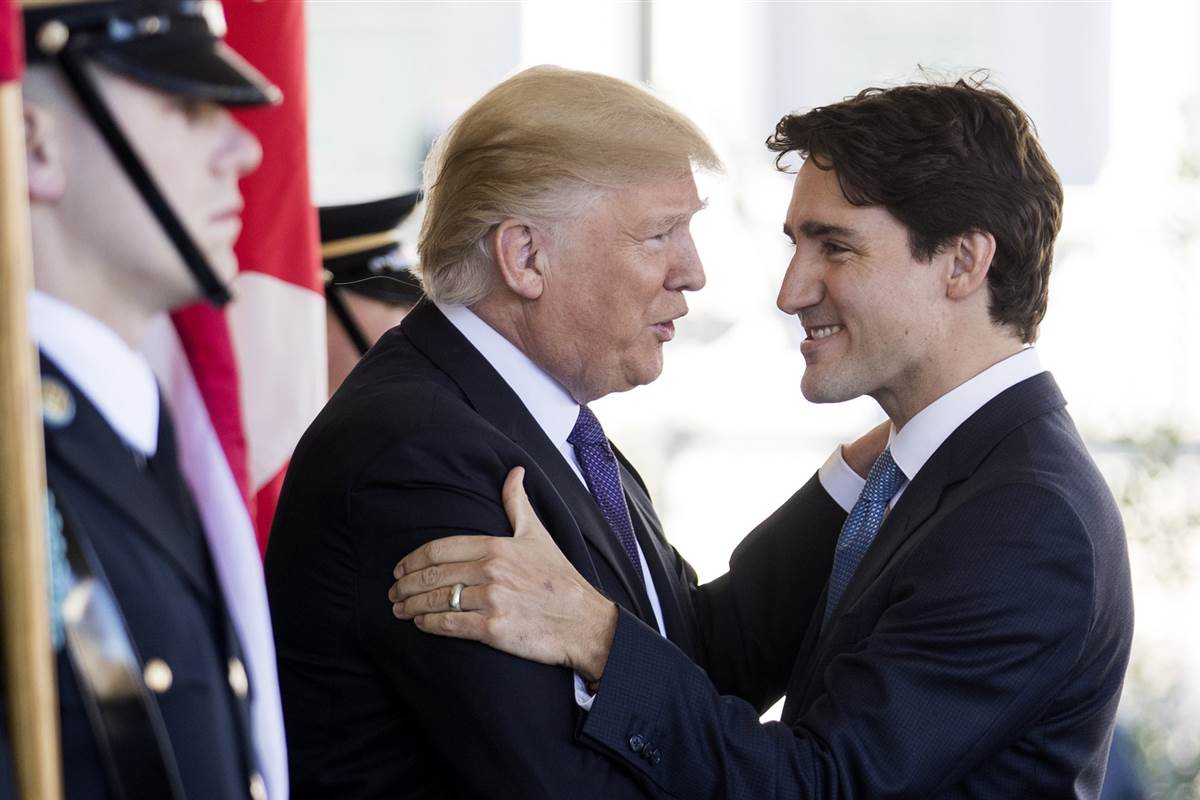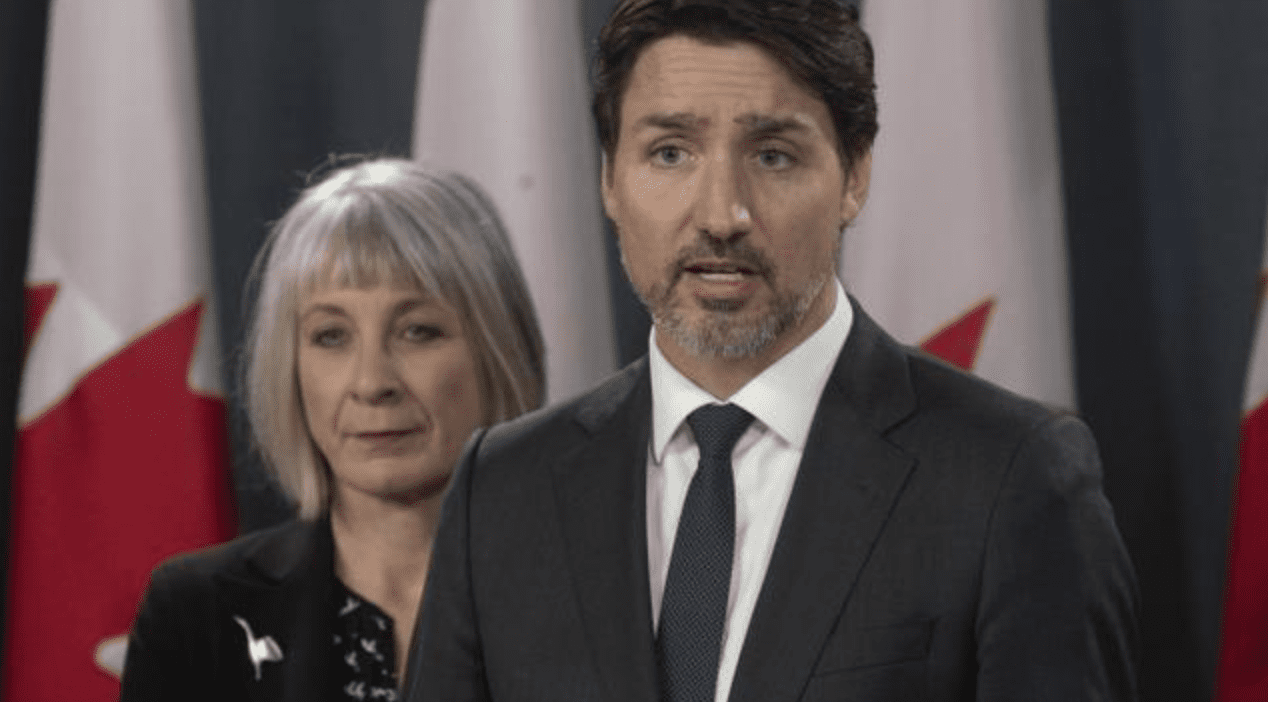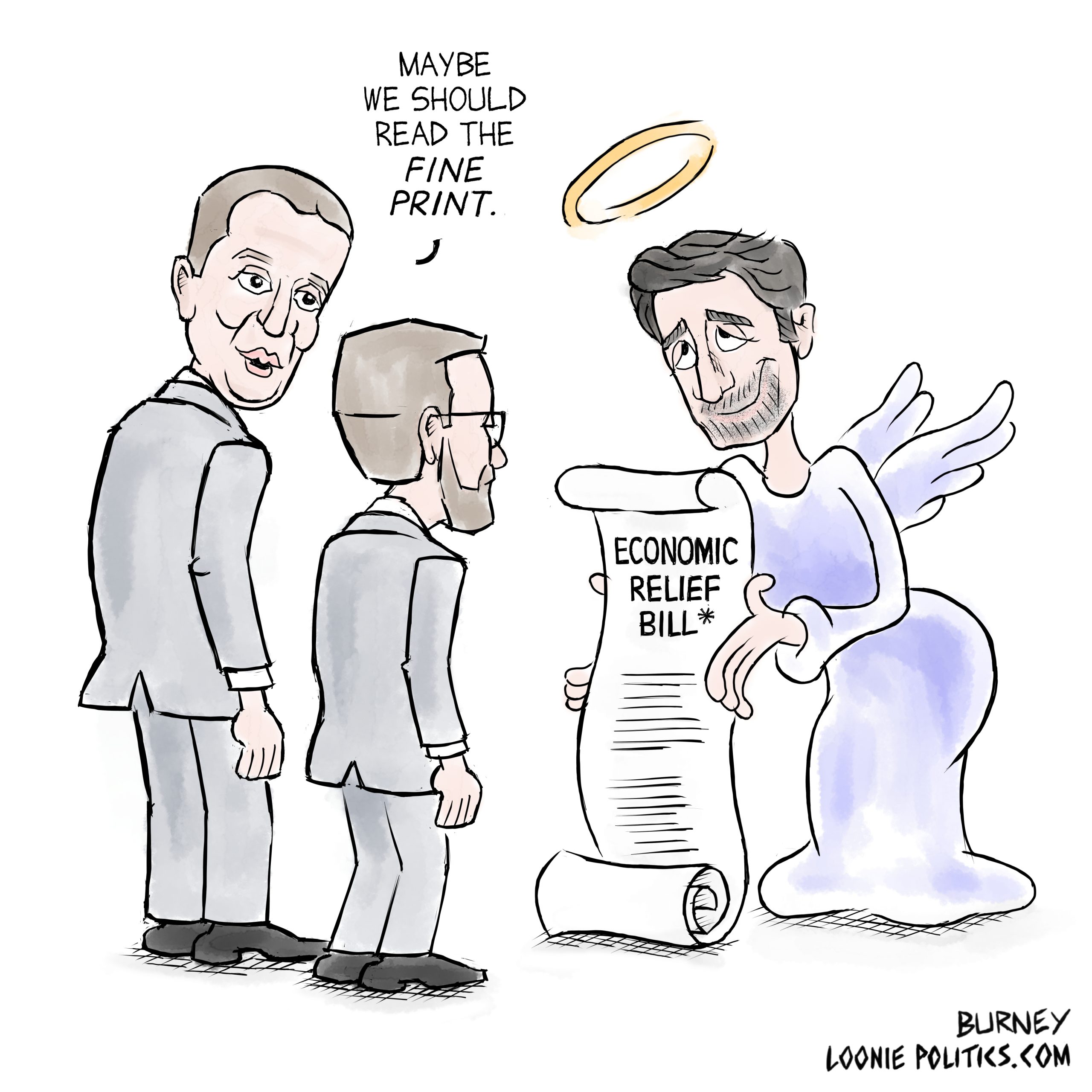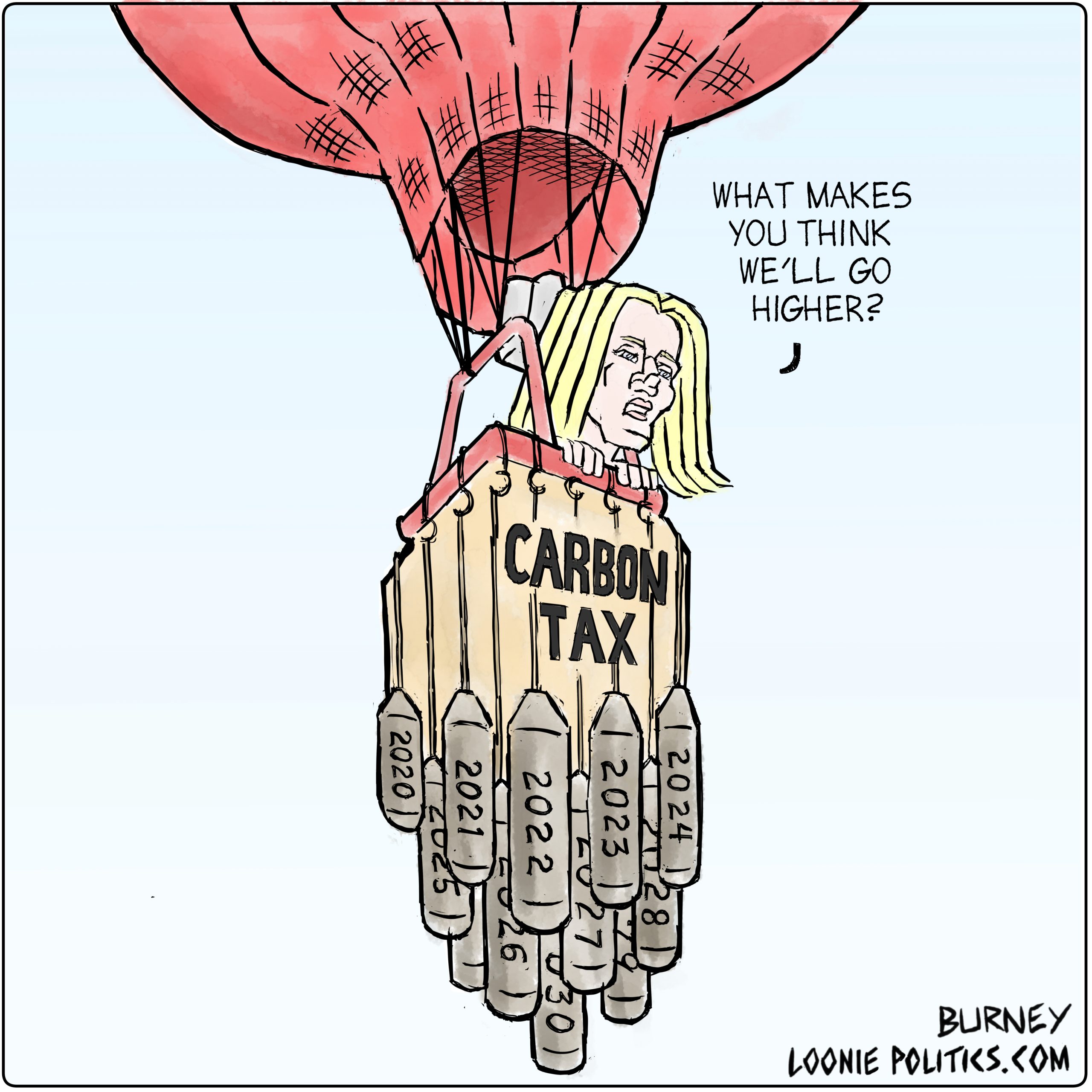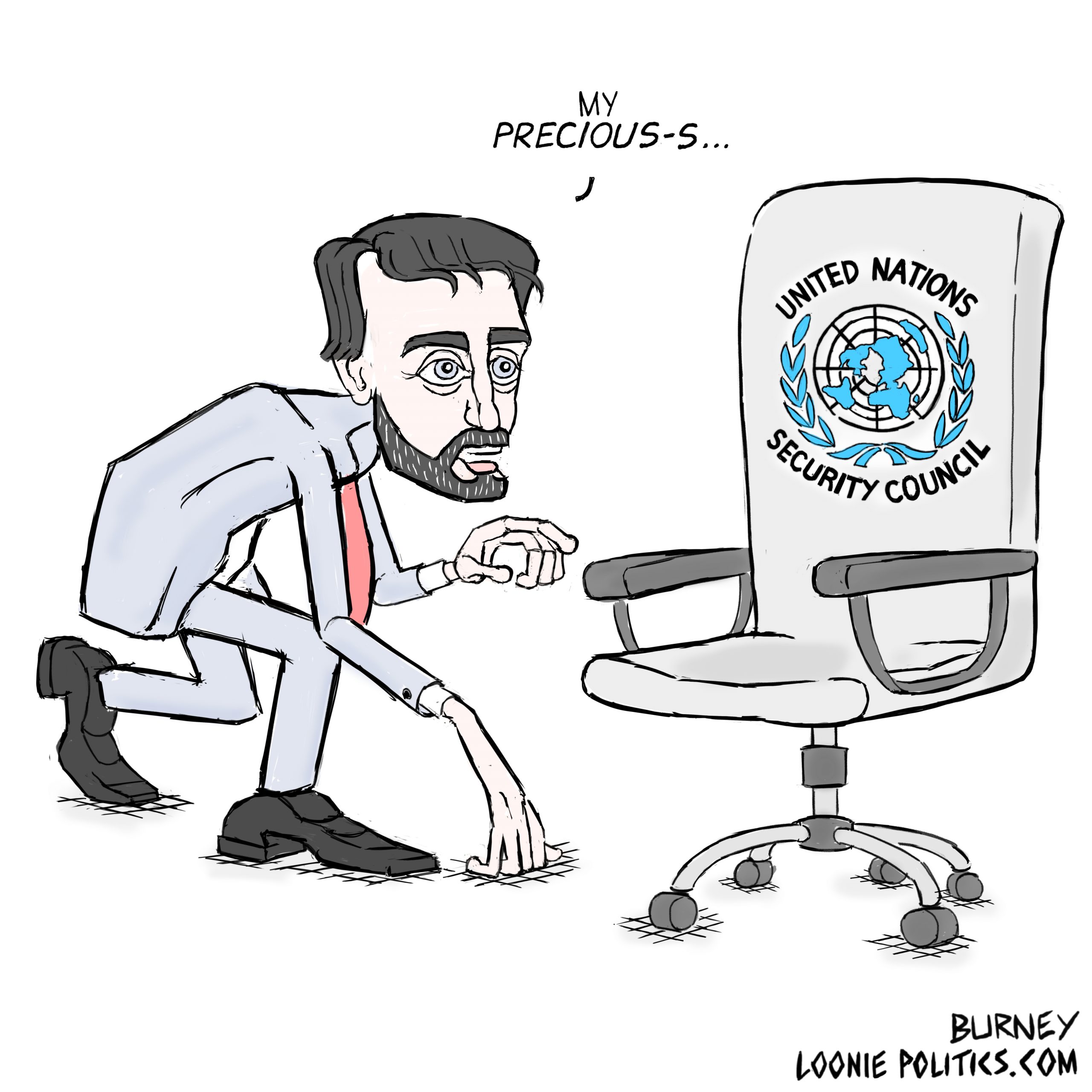As people started losing their jobs and facing economic hardship because of the COVID-19 pandemic, governments began to look at measures and aid programs that could be put in place to help people get through the crisis and survive financially to help with the re-starting of the economy on the other side.
One of the first thoughts I had was how many people were relying on their credit cards for their day-to-day purchases such as groceries, gas and hygiene products. And why not? Credit cards are convenient and, unlike cash, gives you protection against fraudulent activities. You also often get to accumulate reward points for vacations or a luxurious items. It also removes the need to handle money and change that could have been touched by who knows who!
The big downside of most credit cards, of course, is the interest rate, which are more often than not over 20%. But that is not a worry for millions of Canadians who usually pay as they go, never carrying a balance on their cards and not even thinking about those rates. People use their card for the month, and make one simple payment from their chequing account to pay it all off at once. Until they couldn't, at no fault of their own.
All of the sudden, people are caught by the throat. They are finding themselves facing difficult choices, with a loaded credit card. With no income, they have been waiting for weeks for the first government check from EI or the Canadian Emergency Relief Benefit. When they get it, it'll be a fraction of what they used to earn.
New Democrats, among others, have been quite vocal about the urgent need to act. "Even before the pandemic, close to half of all Canadians were just a few hundred dollars away from insolvency. These families are probably already relying on credit cards and high interest loans and will likely feel they have no choice but to turn to them even more now," said the NDP Finance critic Peter Julian.
It would have been smart for the banks to act on their own in order to improve their own branding. They showed no leadership. Meanwhile, the Trudeau government has been dragging their feet when it comes to forcing the big banks and other financial institutions to do their share, to do the right thing. Justin Trudeau said he preferred to work hard at establishing a dialogue and that his Finance minister Bill Morneau was on it. It paid off, somewhat: on Monday, Trudeau thanked the six big banks and some credit unions who cut their interest rates in half for those in trouble. "We have to do other things, rather than think about profitability," he told all companies. More needs to be done, he said.
Because yes, interest rates on credit cards have been lowered, reluctantly, by the big players. But even cut in half, they will still be 10% or more! Worse, this is not even a blanket, universal measure. Make no mistake, these new rates are not available to everyone, but only to the personal and small business customers being granted payment deferrals due to the outbreak. In other words, you need to get the bank's approval to postpone a payment! The big banks and even Desjardins will continue to calculate interest during the months the minimum payment is suspended and that will be added to future invoices. Other cardholders will continue to pay the normal, usurious rates, even if, on March 27, the Bank of Canada's key rate was lowered to a record level of only 0.25%.
A reminder that the six major Canadian chartered banks (BMO, RBC, Scotia, CIBC, TD and National) had annual profits of more than $46 billion. Bank defenders have been arguing that it is all about risk and default rates and other management fees. But of course, chances are that at 22% interest with significant income drop and not being fully in charge of their destiny, the default rate will actually increase, which will result in more losses.
Compare that with Vancity's announcement. A BC based, member-owned credit union, Vancity is cutting credit card interest rates to zero and deferring minimum payments for those facing financial difficulty as a result of COVID-19. Let me repeat: personal and business credit card holders who need to defer a payment because of the pandemic, will be offered deferrals of up to six months at a zero per cent interest rate!
Is it so hard?
Photo Credit: Creditwalk.ca



